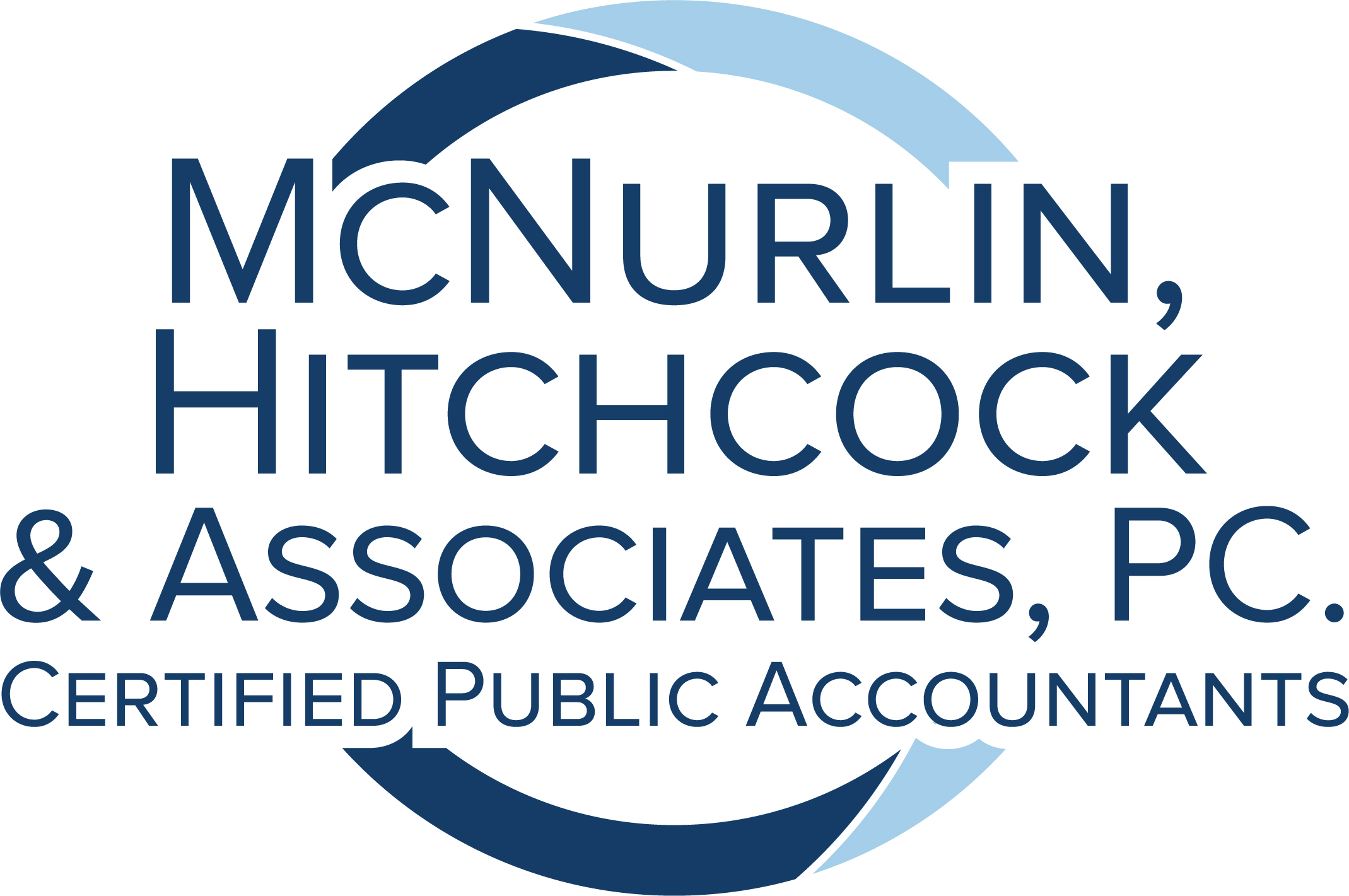February 2020 Newsletter
Quote of the month:”The greatest danger for most of us is not that our aim is too high and we miss it, but that it is too low and we reach it.” –Michelangelo
Form W4 looks different
If you have started a new job, or if you have new employees, you may have noticed that Form W-4 has changed. The form, which is used by employees to tell their employer how much money to withhold from their paycheck, received a complete makeover. Prior to 2020, the form was based on the idea of “allowances” which aligned with the number of people claimed on your tax return. The higher your “allowances”, the less tax withheld. For 2020, the IRS issued a new Form W-4 called the Employee’s Withholding Certificate. It is an updated version of the previous Form W-4, Employee’s Withholding Allowance Certificate. The new form is designed to work better with the tax law changes that went into effect in 2018 and is required for all new hires and employees asking to change their withholdings. This form was updated and reprinted Jan 1, 2020, so we recommend employers use the most recent version when providing to their employees.
If you are a frustrated employer trying to help your employees complete this form, you are not alone. We have found that most accounting and payroll systems still allow you to choose the old W4 allowance method or the new W4 calculation method so we recommend that you do your best and call your trusted tax advisor if you need any assistance.
Tax Return Filing Season and Your Tax Refund
The IRS has announced that tax season begins officially on January 27, 2020. This is the date when they will begin to accept e-filed tax returns. If you are anxious to get a tax refund, we recommend filing as early as possible. The IRS has said they will generally mail or direct deposit your refund the Friday of the week following your tax filing if you file in January or February. For example, if you e-file January 27 – 31st then you can generally expect them to mail or direct deposit your refund the following Friday, February 7th. This can be delayed if your tax return has an earned income tax credit or child tax credit as these must be verified prior to issuing refunds. If you file in March or April, the IRS has said the refunds will be mailed or direct deposited on the Friday following 2 or sometimes 3 weeks after filing due to heavy volumes in March and April. You can always call us or use the “Where’s My Refund” tool on the IRS website.
Extender-Related Credits
Last month we talked about the “Disaster Act” which was signed into law on December 20, 2019. This Act extended over 30 Code provisions, generally through 2020. Because of this Act, many taxpayers qualify for credits that were not available at the time of filing their 2018 tax return. One of the most prevalent credits was to allow mortgage insurance premiums as a deduction when income is below a certain threshold. To get these credits, we will have to amend the 2018 tax return filings. If you are a client of the Firm, we will automatically look for this when preparing your 2019 tax return. We will let you know if we recommend amending 2018 to get a refund for any credits extended in this Act.
FASB Updates
The Financial Accounting Standard Board (FASB) issued an Accounting Standard Update (ASU) in March of 2019 that addresses the use of proceeds from sales of collections. These collections include any grouping of art, property, treasures or similar assets that are held for the public; preserved and protected; and when sold, the proceeds are reserved for specified uses. This doesn’t just apply to museums, libraries or zoos. It applies to all non-profit entities that may hold a collection that falls within the definition outlined above. Under the ASU, proceeds from the sale of collection items can be used either to acquire new items or directly care for existing items already in possession. Previous guidance required proceeds to be used only for the acquisition of additional collections. This change aligns the definition of “collections” with that currently used by the American Alliance of Museums. The ASU adds some additional disclosures for use of the proceeds.
IRS expands relief regarding discharged school loans
The IRS has expanded the debt discharge relief program to include taxpayers who took out federal or private student loans to finance attendance at a nonprofit or for-profit school where federal loans are discharged by Dept. of Education under Closed Schools or Defense to Repayment discharge process. The IRS has stated they will not require taxpayers to increase their taxes if they received education credits or deductions on prior tax returns. The same Revenue Procedure provides an allowance for creditors to avoid issuing tax return forms as a result of these discharges. More on this topic will be addressed in the future as the IRS provides additional information.

